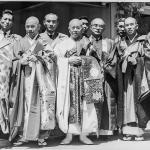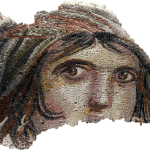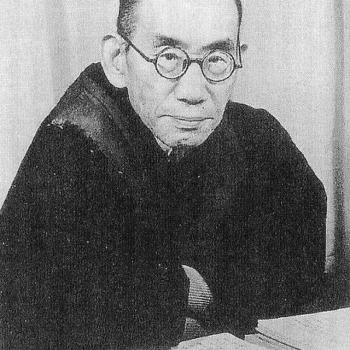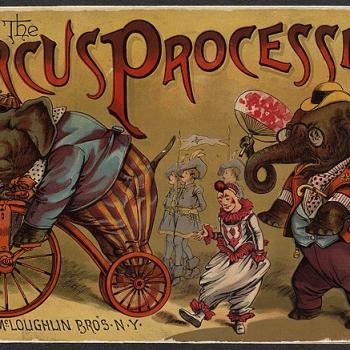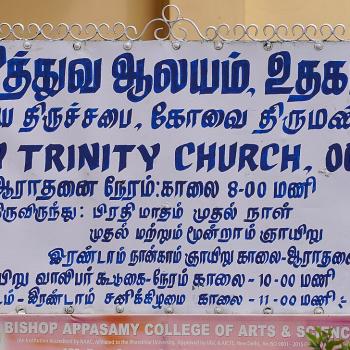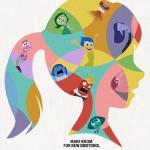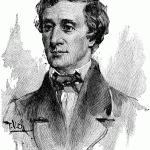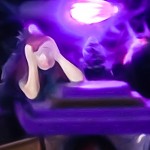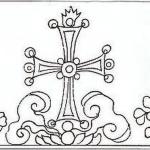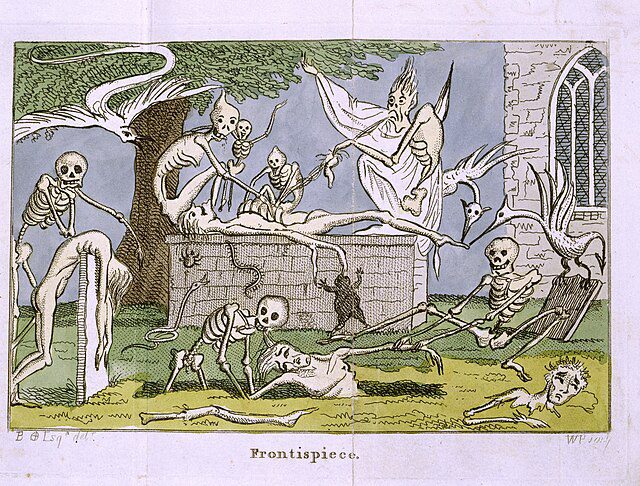
Tales of Terror
1808
What follows is a Dharma talk by Dr Chris Hoff delivered at our 18th of May, 2024, Empty Moon Zen Saturday morning gathering. He is one of our Zen dharma teachers at Empty Moon Zen. Dr Hoff leads our Zen recovery sangha. He is also Executive Director of the nonprofit California Family Institute, which provides access to counseling services to underserved communities. He also has a podcast, the Radical Therapist, which is well worth a visit.
***
Last Saturday, during our monthly book study group that takes place on the 2nd Saturday of the
Month. I was reminded of one of the great shames of my life. Our group is studying
The Book of Householder Koans, by Eve Marko & Wendy Nakao. Last week were studying the chapter Titled Enju: The Black Abyss which explores ideas of loss, illness, old age, and death. In the conversations that ensued I was reminded of the time my favorite cat, Kitty, was to be put to sleep.
I had journeyed with Kitty for almost 20 years at the time. Kitty was my best friend
through thick and thin, Kitty was there for me when I was deep in my alcohol and drug
use, comforting me when I was experiencing a loneliness few know, and there for me when I
entered recovery and experienced a different sort of loneliness as my life was rearranging into something new. The great shame was that when it came time to put Kitty to sleep. I couldn’t do it. I couldn’t be in the room. My great shame was that I didn’t have the courage to meet death with my best friend. I didn’t show up for my friend. I asked my wife to stand in for me. I have never forgotten this shame.
Later that same day I read an article in the Guardian written by a therapist titled We All Want to Cut Out the Bad Parts of Ourselves. It Won’t Work and It Won’t Make Us Happier. In the article the author describes how as a therapist there is an expectation that she will help her clients to somehow cut out all the bad parts they wish to ignore and banish them forever. Her argument, and mine too, is that her clients have shown her time and time again that a better life is not one where we ignore or hide from all the things, we find objectionable about ourselves, but it’s found in forming a deeper relationship with ALL of ourselves and leaning in with genuine care for the good, the bad, and the ugly.
This article also had me thinking of spiritual bypassing. Spiritual bypassing, a term first coined by psychologist John Welwood in 1984, refers to the use of spiritual practices and beliefs to avoid dealing with emotional issues, psychological wounds, and unfinished business. From a Buddhist perspective, spiritual bypassing can manifest when individuals use Buddhism’s teachings and meditation practices to avoid facing personal issues, emotional pain, and unresolved problems. You see this play out in spiritual communities where folks have been harmed by teachers who, while quite skilled and wise in many ways, have avoided personal and emotional issues that always seem to find their way out and into their relationships. I’m always struck dumbfounded when this happens. But after I have had time to digest the judgement and critique that comes up for me, in my better moments, I understand that I am them too. Prone to all the mistakes this human life offers up. Making my equal share of harmful mistakes as well. Just not in the spotlight.
I suppose it’s hard to blame us for wanting to ignore or hide from all the things about ourselves we can’t stomach. We live in a culture that is increasingly encouraging us to not look clearly at ourselves. The last couple of decades has been ripe with leaders that promote a special brand of shamelessness. We are increasingly encouraged to point out the speck in our neighbor’s eye, while ignoring the plank in our own eye. Also, in this effort to not look at our shortcomings, in many cases we would rather take on some psychiatric diagnosis as our identity, than face the fact that we might just be an asshole. And in my work as a relational therapist, it’s getting darn near impossible to get anyone to take accountability, or make amends. Being right is the epidemic of our time.
So why is this important for practitioners for Zen. Why is this turning away from the shadows of ourselves an important matter for those on a spiritual path? Well, if we can’t get clear about our own suffering, how are we going to help others with their suffering?
I am a student of the Koan way. It wasn’t really by intentional choice. It’s because I’ve had the good fortune of establishing a teacher student relationship with James Ford. If you are going to practice with James, you are going to be doing Koans. I’m not the best Koan student. I know that. But I show up. While I often fumble with Koans there is one Koan that I have kept close since I first encountered it. This Koan is important to me for several reasons. It’s considered a “minor” Koan. It is included in a collection called “Miscellaneous Koans and it goes “Save a ghost.”
My teacher James said that in the Miscellaneous Koans we are learning how to deepen and widen our encounter with the most intimate things of our lives. And when I was first confronted with this question, I had an experience. An experience that can best be described as transformative. This seemingly “miscellaneous” Koan opened me up to a deep encounter with myself. I now carry it closely. It is a koan for my life, for the work I do as a therapist, and for our contemporary times. Why this Koan? I suppose because of where it points. My teacher has written that when we use the word Ghost in English we mean something specific. We mean something left over after a person has died. We are speaking of something lingering. Something that haunts.
Did you hear a Meow?
Dogen taught:
To study the Buddha Way is to study the self; to study the self is to forget the self; to forget the self is to be actualized by myriad things. When actualized by myriad things, your body and mind as well as the body and mind of others drop away. No trace of realization remains and this no trace continues endlessly.
If you’ve been around Zen a while, I’m sure you are familiar with this teaching, to study the self is to forget the self. When I first started practicing, I sort of always wondered how do we study the self? I thought we were supposed to forget the self. The self is an illusion, a dream, full of traps and snares. That moment with that “minor’ Koan Save A Ghost provided a realization for my question.
In 12 step recovery there is a process by which folks are asked to study the self. It is the 4th step. The 4th step asks people in recovery to make a searching and fearless moral inventory of themselves. This step involves a thorough and honest self-examination. The purpose is to identify and acknowledge personal challenges, resentments, fears, and harmful behaviors in relationships. It’s a process of self-reflection and self-awareness that requires courage and honesty. It is an act of growing up on a spiritual path.
When I first embarked on this task in my own recovery, before I ever was introduced to Dogen, I heard an older gentlemen say that the 4th step, this deep process of self-searching, wasn’t about finding out what bad people we are, but rather, finding out who we are not, removing it, and letting who we really are show up.
Or as Dogen taught, to study the Buddha Way is to study the self; to study the self is to forget the self; to forget the self is to be actualized by myriad things.
Bodhisattvas everywhere.
Back to shame. Or my shame.
The Buddha called shame the bright guardian of the world and a noble treasure, something of such value, that it could keep you from a life of regret and harm.
According to Buddhist monk Thanissaro Bhikkhu There are two kinds of shame — the unhealthy shame that’s the opposite of what gets described as self-esteem, and a healthy shame that’s the opposite of shamelessness. It is this second kind of shame that the Buddha calls a bright guardian and a treasure. Thanissaro Bhikkhu also argues that when all shame gets pathologized and is not approached mindfully, it goes underground in the mind, where people can’t think clearly about it, and then sends out tentacles that spread harm all around us.
The buddha believed with proper training healthy shame could be a useful antidote, helping to bring the topic into the open and to show that shame can be a great force for good and personal accountability. A very different conclusion than the many folks working to abolish shame. Many of them in my field.
In my time with him, my teacher has been very clear that this project, Zen, isn’t a psychological project but rather one of awakening. Because of my profession, I suppose I will always need to be careful of the risk of psychologizing Buddhism. To present something other than a path of awakening. However, my teacher also has been clear about another aspect of the path of awakening that I think psychology, or therapy, does have a role. That is in the project of growing up. I believe awakening is real. Awakening is possible. But in my case, the journey toward awakening had to start with growing up. Still does.
I lost both my parents over the last year. It has been difficult times. In these losses I have had quite a different experience from the turning away during the death of my favorite cat/friend Kitty. I didn’t turn away with my parents. I showed up. I don’t think that would have happened if I hadn’t examined the shames of my life. The hard parts. The regrets.
Save a Ghost
The 4th step
A bodhisattva cat who continues to teach.
All taught me not to turn away.
Look, look, look closely. Even at the scary stuff. Especially the scary stuff.


